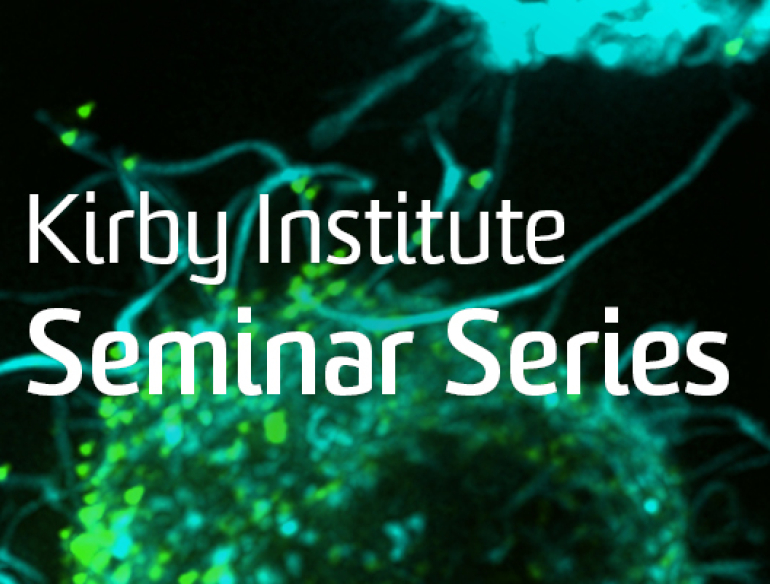Location:
Berg Family Foundation Seminar Room, Level 6, Wallace Wurth Building, Kensington Campus, UNSW Sydney
Cost
Free
Contact for enquiries
Rata Joseph, +61 (2) 9385 0900 or recpt@kirby.unsw.edu.au
Kirby Institute Seminar Series presents
Abstract
Chimeric antigen receptor (CAR) T cell therapy are “a living drug” that are successfully changing patients care in the context of leukaemia, and hold promises for the treatment of viral infections and solid tumours. Despite revolutionary success with complete remission in up to 90% of treated individuals with relapsed B-cell acute lymphoblastic leukaemia (ALL) early life-threatening toxicities, complex clinical management and loss of function of CAR T cells are limiting the success of these therapies. This presentation features novel and unpublished work on the application of single cell technologies to unravel the complexity of heterogeneity of CAR T cells during therapy. The simultaneous identification of gene and protein expression profiles at the single cell level can be successfully used to characterise the interactions of CAR T cells with other cells of the patient immune system, and to determine the molecular signatures of persisting or exhausted CAR T cells. This novel approach can be used to understand clinical outcome and to develop a therapy response model.

